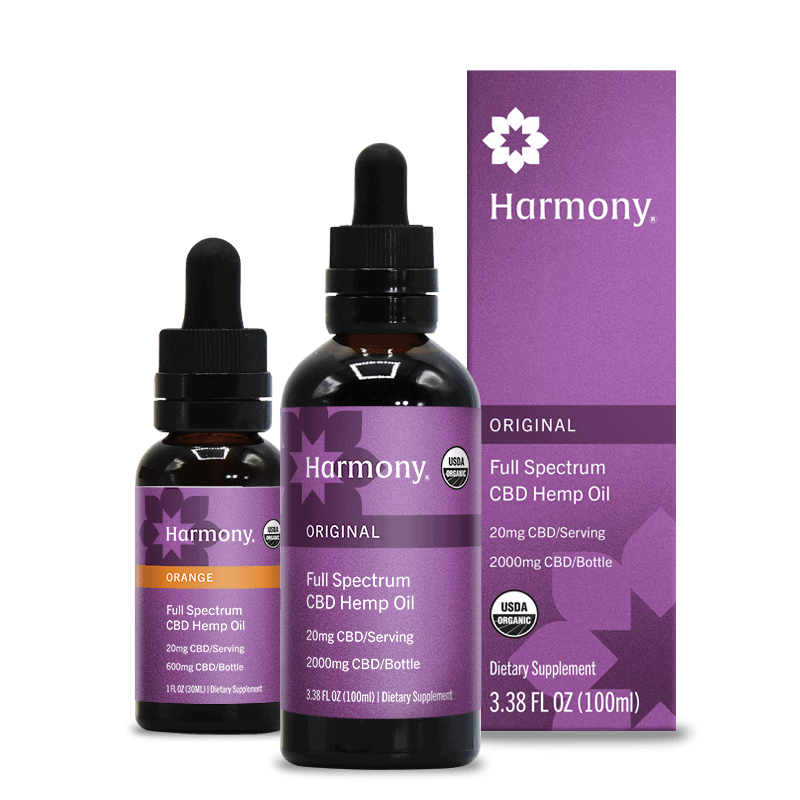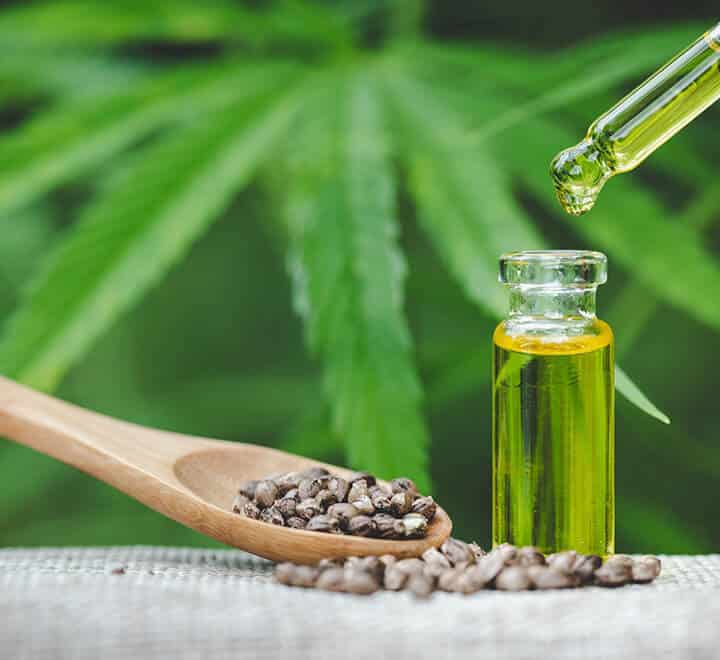
What can cannabinoids do?
Cannabis can help reduce pain, nausea and vomiting from chemotherapy and can also help prevent cancer cells from spreading. Cannabis can improve the effectiveness and efficiency of cancer treatments such as immunotherapy.
Cannabinoids have been shown to reduce the nausea and fatigue associated with hepatitis C. It can also ease the muscle aches and pains that come with multiple sclerosis.
Cannabis' use for cancer patients is in its early stages. Clinical trials are still in their early stages, but there have been a few small studies supported by the National Cancer Institute that show dronabinol orally and nabilone topically can help with nausea and vomiting caused by chemotherapy.
Oil for cancer patients
Cancer patients can take a variety of oils that contain cannabinoids. Some oils are more potent than others, so you should ask your healthcare provider which is right for you.

Hemp oil is also a great way to reduce your risk of lung cancer and treat it if you already have the disease. Hemp oil may relieve symptoms like nausea, vomiting depression and anxiety.
CBD reduces tumors
A case study published in BMJ Case Reports showed that a non-small cell lung cancer patient saw her tumor dramatically shrink after she started taking CBD daily. This was a surprise to the doctors, who had been told that there was no way the woman could get rid of her tumor with conventional cancer treatments.
CBD can act as an anti-inflammatory natural substance and kill cancerous tumour cells via a process referred to as apoptosis. Apoptosis occurs when cells are no longer required by the body.
It can also boost the immune function to fight cancer by releasing cytokines including interleukin 2 as well as tumor necrosis.
. These cytokines are known to suppress cancer cell growth and reduce their ability invading the body.
Tincture to treat cancer
A cannabis tincture is a liquid extract infused with cannabinoids that target specific cancer types. It can be used to treat cancer symptoms such as nausea, vomiting and neuropathic pain.

Supreme choice hemp oil herbal drops
A supreme choice hemp oil herbal drop is a liquid extract containing THC and CBD in a 1:1 ratio. It is a tasty, convenient way to incorporate cannabis into your diet.
Cannabinoids tinctures are easy-to-use and can be taken day or night. They contain less THC, and therefore are not as psychoactive as marijuana.
It is clear that there are many benefits to cannabinoids when it comes to treating cancer. But more research must be done. Cannabinoids are shown to help cancer patients with nausea, vomiting, inflammation, neuropathic discomfort and appetite loss. However, more research is needed before they can be considered as a viable cancer treatment.
FAQ
Is there any evidence CBD has anxiety-reducing properties?
CBD oil is an effective treatment for anxiety. This happens because it interacts to certain brain receptors called CB1 (and CB2), respectively. The endocannabinoid systems regulates mood and stress response.
Our bodies activate the CB1 receptor when we feel anxious. When activated, this receptor sends signals to the amygdala, which is responsible for emotional processing.
If the CB1 receptor becomes blocked, the brain doesn't get the signal to express emotions. CBD users have less negative feelings.
2017 research showed that CBD has been shown to reduce anxiety in those suffering from socialphobia. Another study showed that CBD reduces symptoms of PTSD.
A 2018 review concluded that CBD has anxiolytic properties and could help treat generalized anxiety disorder.
Another study concluded that CBD may help with panic attacks.
However, numerous studies have shown CBD to increase anxiety levels in mice.
Researchers believe this discrepancy in animal data and human data could be due to differences between humans and dogs' responses to CBD.
CBD does not have any safety data. But, experts are unanimous in their belief that CBD is safe when used according to directions.
Where can I buy CBD products?
CBD can be purchased online or in local shops. Online retailers offer better deals. Many websites sell CBD products containing industrial hemp.
Look for local businesses that sell CBD products.
Many states now allow CBD products to sold without a prescription. If you live in one of those states, you may be able to buy CBD products at your local pharmacy.
CBD products may be delivered right to your doorstep.
How does the price of CBD vary across different states?
Prices for CBD products are dependent on where you live. In fact, prices can differ by more than ten times!
The general rule of thumb is that prices rise the farther north you travel. CBD in Alaska costs $35 per gram. In Hawaii, however, it costs about $200 per gram.
This trend continues throughout the country. Prices for grams range from $5 to $2,500.
Why is this happening?
Variable levels of regulation can explain why prices differ so greatly. Some states require that all CBD products contain very little THC (the psychoactive component of marijuana). Other states don’t care about how much THC is in CBD products.
Because of this, some companies choose to sell their products in one state and then ship them to another state.
Can I use CBD during pregnancy?
There isn’t enough research available to confirm that CBD is safe to be used during pregnancy.
However, the little information available suggests that CBD is unlikely to cause harm to the baby.
It's important to note that CBD should not be taken by pregnant women unless recommended by their doctor.
The Food and Drug Administration published a warning about potential health risks when CBD is taken while pregnant.
FDA claims that "there are some evidences that cannabis consumption during pregnancy may increase the likelihood of miscarriage."
The agency added that more research is needed before a firm conclusion can be drawn.
What are some common blunders that companies make when they venture into the US cannabinoid markets?
The first mistake is not understanding what the regulations are for cannabis products. This could cause you to have to modify the formulation of your product.
A second error is not properly labeling your product. It is essential to find out if your product contains either THC or CBD.
The third thing you need to do is understand how to package your product properly. If your product does contain THC, then you must ensure that it is packaged in child-resistant containers.
If your product is not containing THC, then it's important to follow all packaging regulations. There are many states that cannabidiol or CBD is legal.
It is important to track recalls of your products. If there is a problem with your product, it is important that you inform customers as quickly as possible.
What conditions can be treated with CBD?
For any treatment to be effective, the most important factor is the patient's health. If you're using cannabis oil for medicinal purposes, a doctor must approve. If you don't have a doctor's prescription, it is illegal to use cannabis products.
It doesn't matter if you're using cannabis oil for health reasons. Talk to your doctor first to ensure that you are safe to use cannabis oil.
Cannabinoids are either extracted from whole plants or cannabinoids (THC, CBN) isolated compounds. Cannabis oils are made from these extracts. They contain many different cannabinoids including CBD (CBD), Tetrahydrocannabinol THC (THC), as well as cannabinol CBN (CBN).
These components interact with receptors found throughout the body to create effects including pain relief, stress reduction, and anti-inflammatory and antioxidant properties.
Which countries produce the highest quality CBD?
The United States is the largest producer of CBD products.
Canada, Australia New Zealand, Israel and New Zealand also produce high-quality CBD product.
Statistics
- A recent systematic review of human trials also reported that individuals with epilepsy receiving CBD (5–20 mg·kg−1·day−1) were more likely to experience decreased appetite than those receiving placebo (i.e., ~20 vs. 5% of patients) (ncbi.nlm.nih.gov)
- The use of these products is likely to become even more widespread if the World Health Organization's recommendation that CBD no longer is scheduled in the international drug control conventions is adopted by the United Nations member states [201]. (ncbi.nlm.nih.gov)
- The inhibition of FAAH is predicted to lead to an increase in brain and plasma concentrations of AEA, which acts as a partial agonist at CB1R and CB2R, thereby increasing endocannabinoid tone [92, 110]. (ncbi.nlm.nih.gov)
- As a substance that was federally illegal before the passage of the 2018 Farm Bill, hemp-derived cannabinoids with no more than 0.3% THC still face a regulatory grey area. (forbes.com)
- A recent study [161] also found that in vitro CBD treatment (i.e., ≤ 2 h exposure to 10 μM) induced ~40% vasorelaxation in isolated (pre-constricted) (ncbi.nlm.nih.gov)
External Links
How To
How to get certified for selling CBD products
One of many cannabinoids found within cannabis plants is CBD (cannabidiol). It has been used medicinally throughout history. This includes in South America, China, India and China. In recent years, however, its popularity has skyrocketed due to its ability to treat conditions like anxiety, pain, epilepsy, and inflammation. But if you want to start selling CBD products, there's no official certification program available yet -- at least not in the U.S. That means anyone who wants to make money off their own line of CBD products has to rely on the "unofficial" process of self-certification.
There are two options. One way to do this is to join the local association of cannabis-business owners. By joining a local association of canna-business owners, you will be able to learn from others and receive support and advice. There are currently many associations across the country. You can also go online and start your own business. Many states allow canna businesses to operate online. You can create your own website and start taking orders immediately if you are allowed to do so. You must register with the Department of Public Health in your state. Once you've registered, you'll be able to apply for a license through your state's department of public health. Once you have your license, it is legal to open your shop and accept orders.